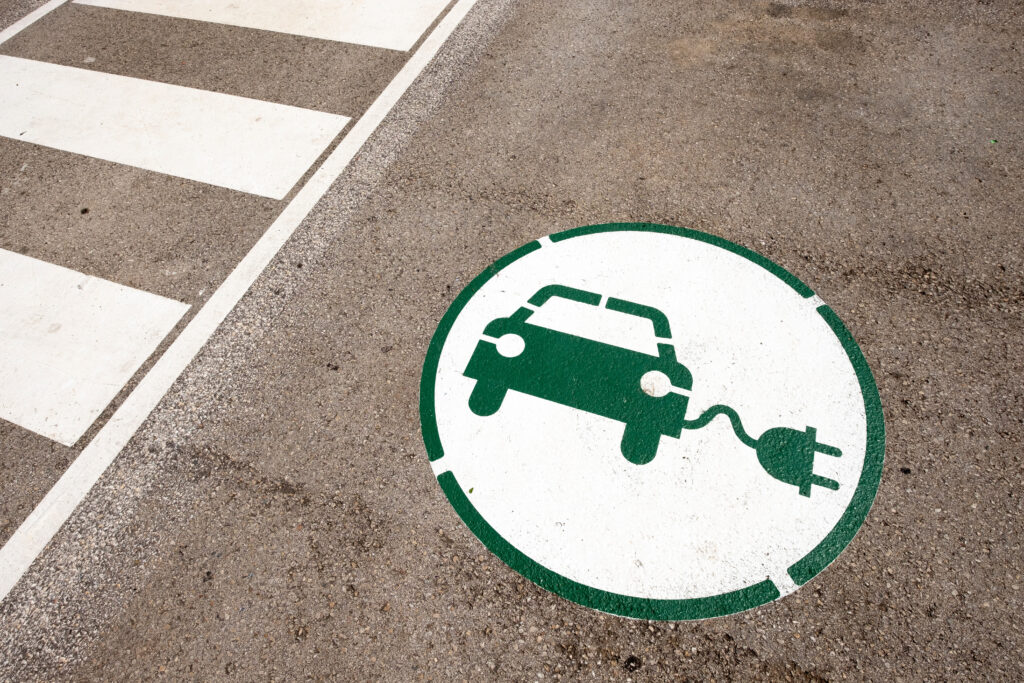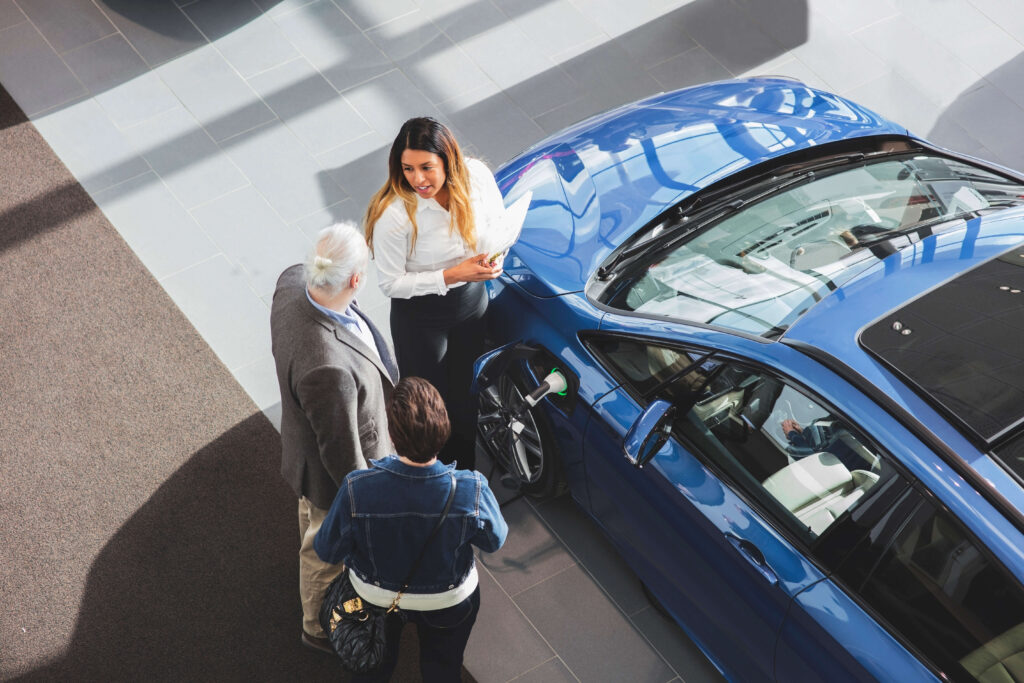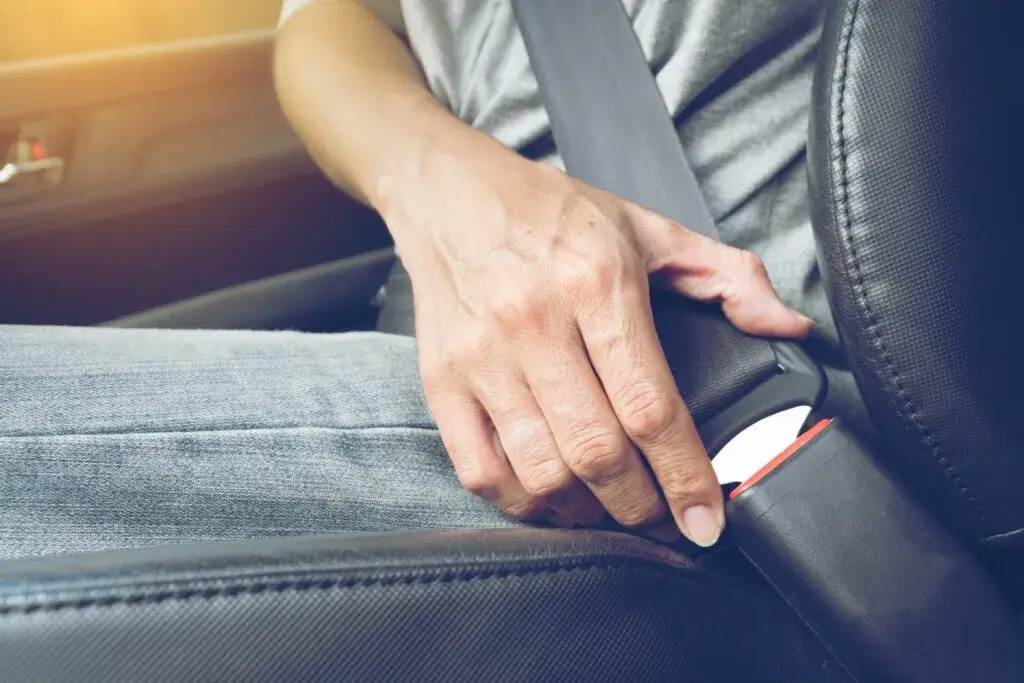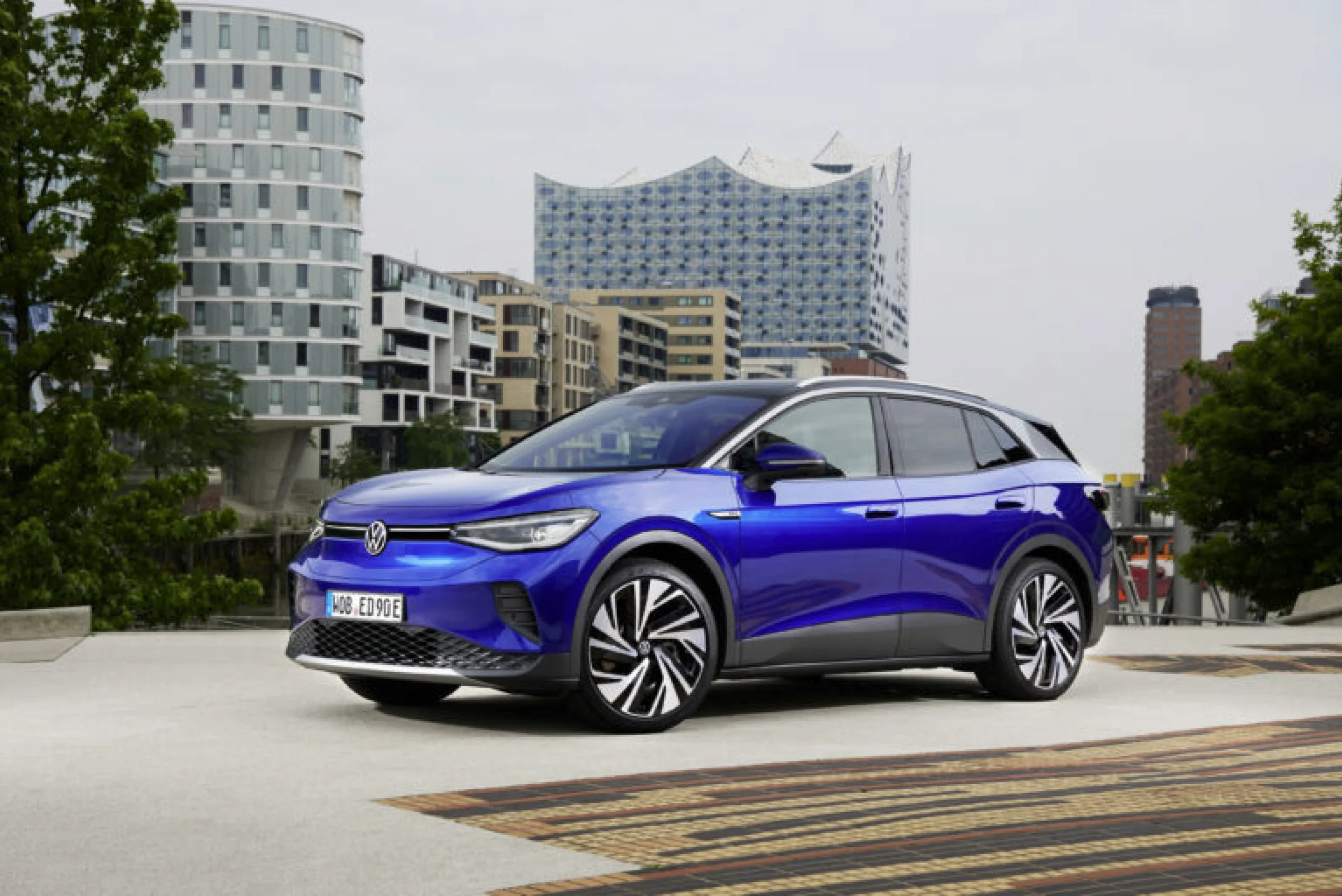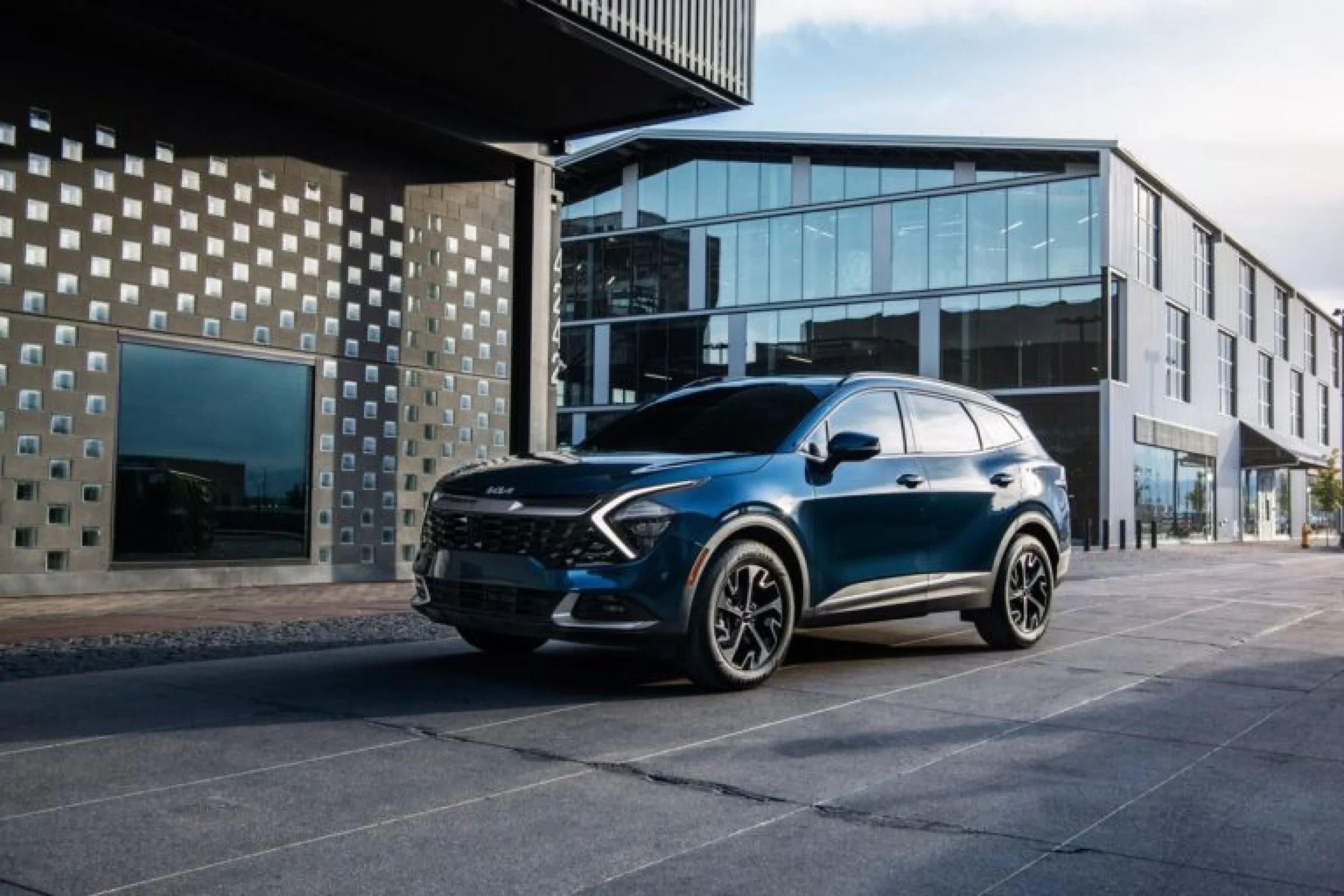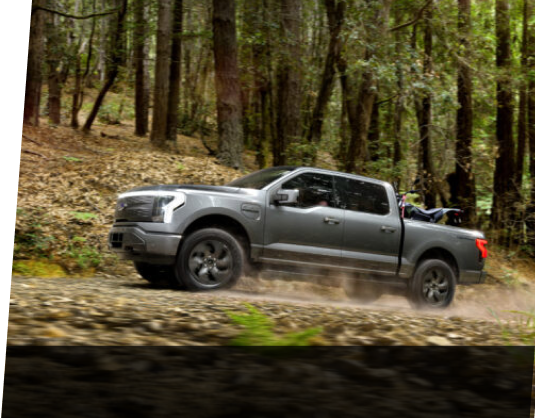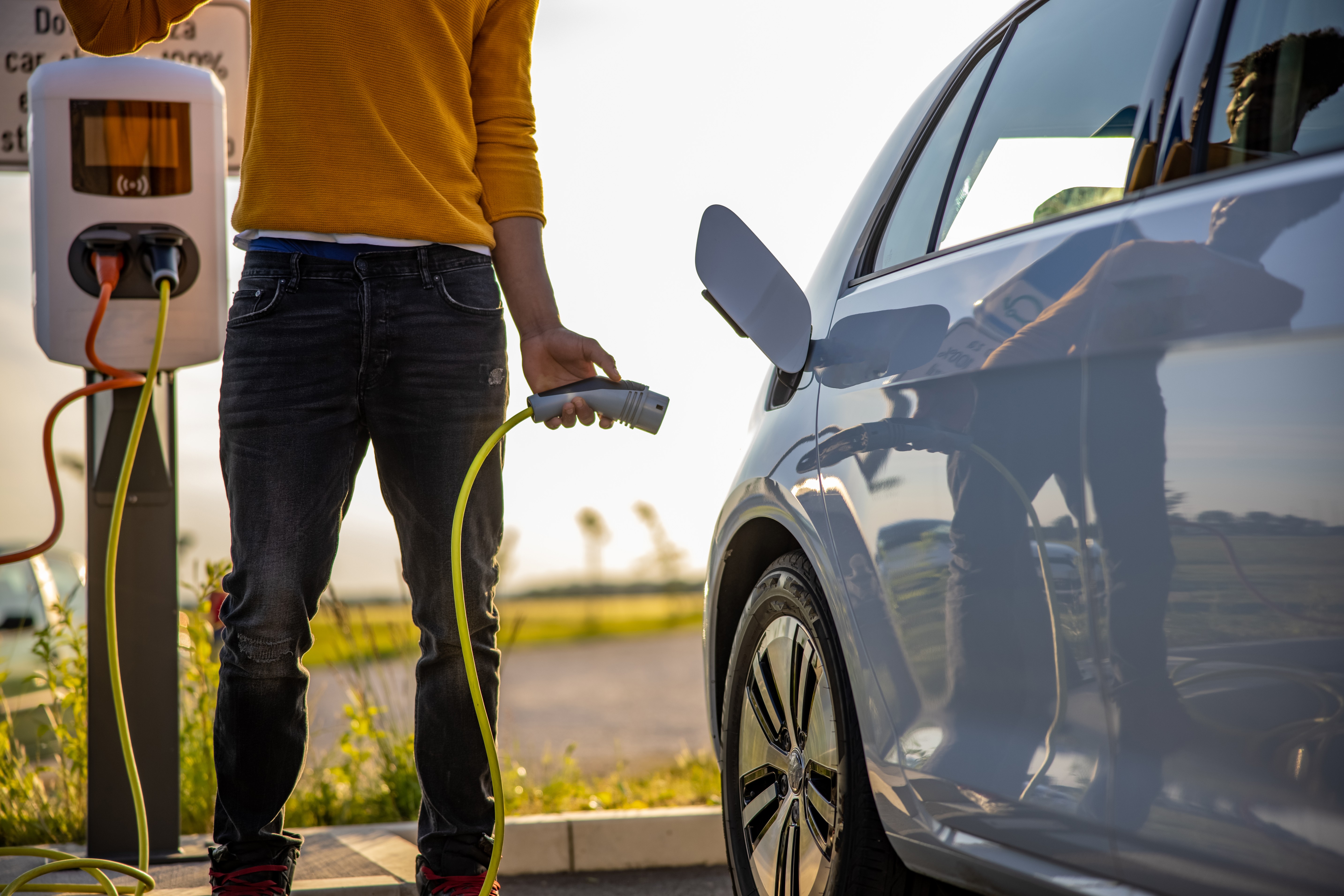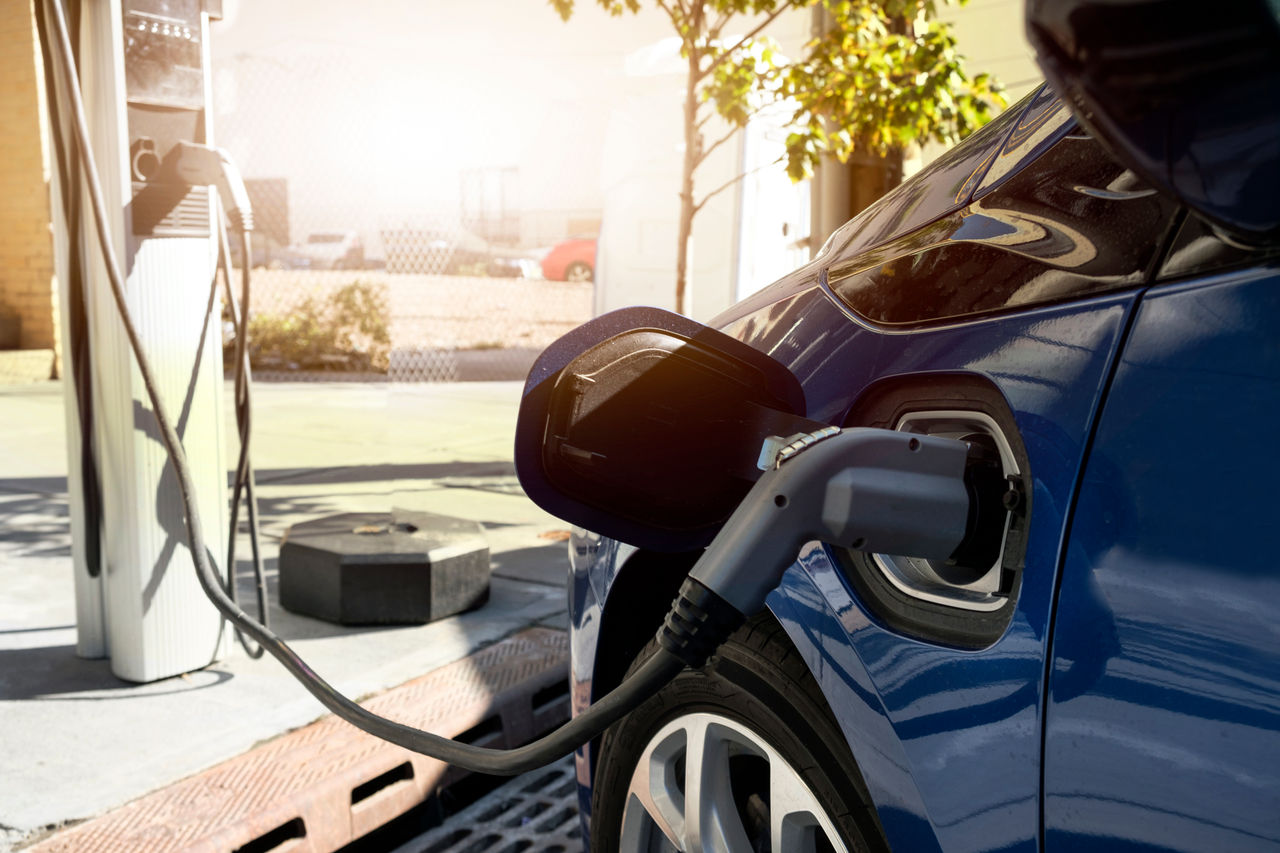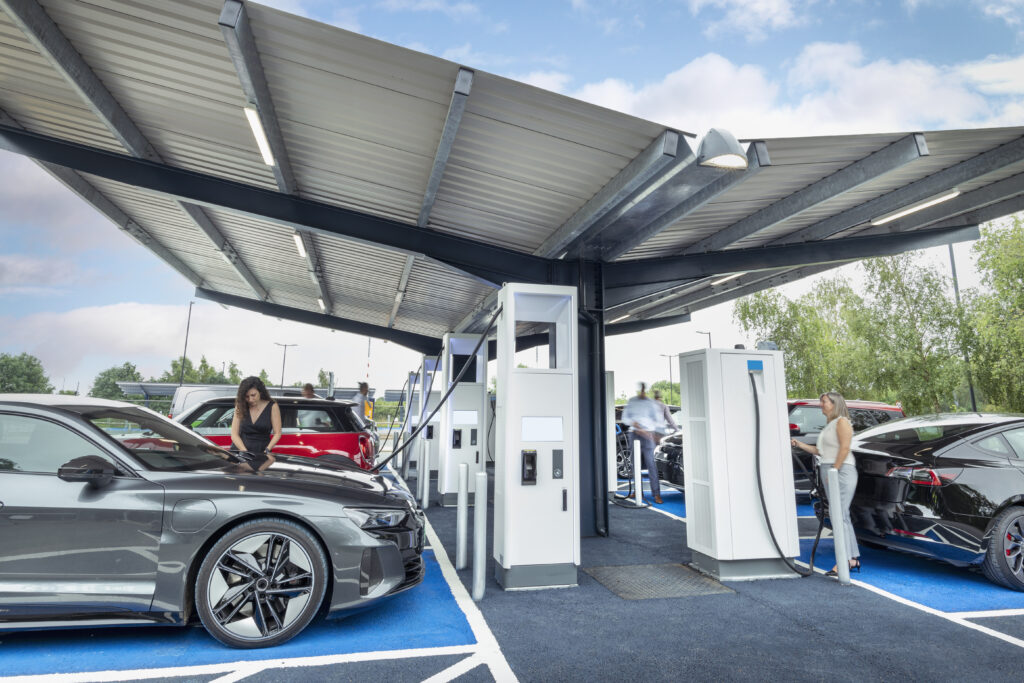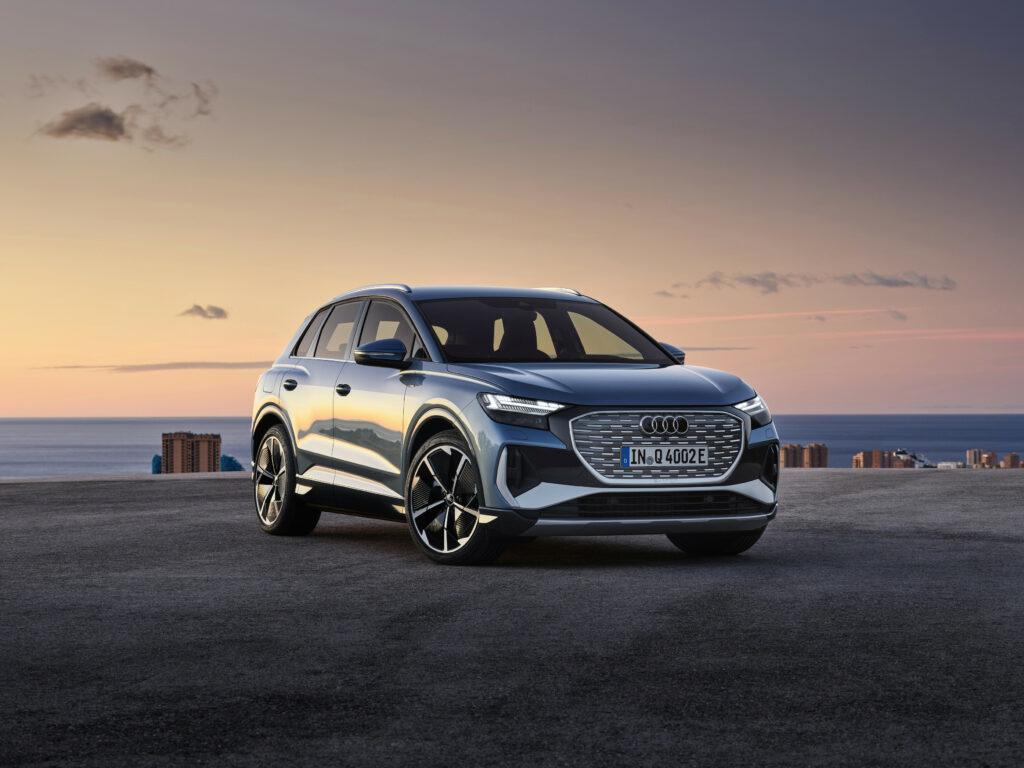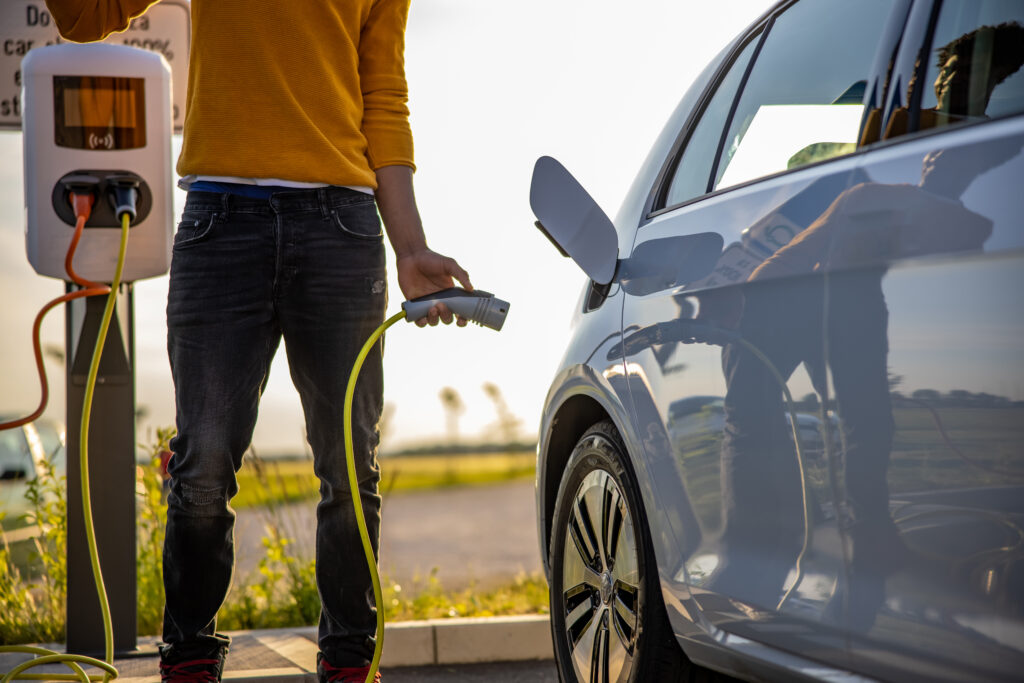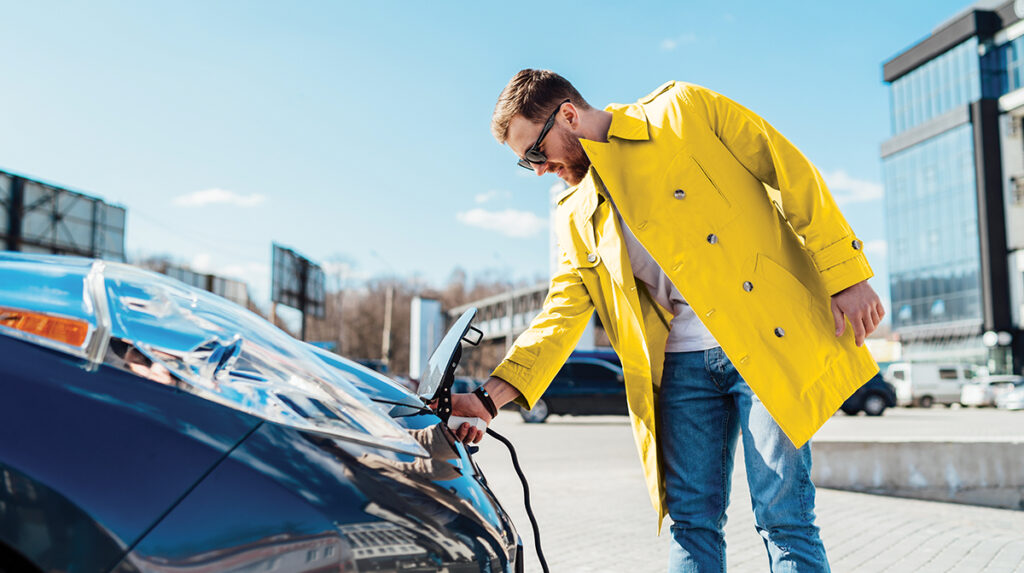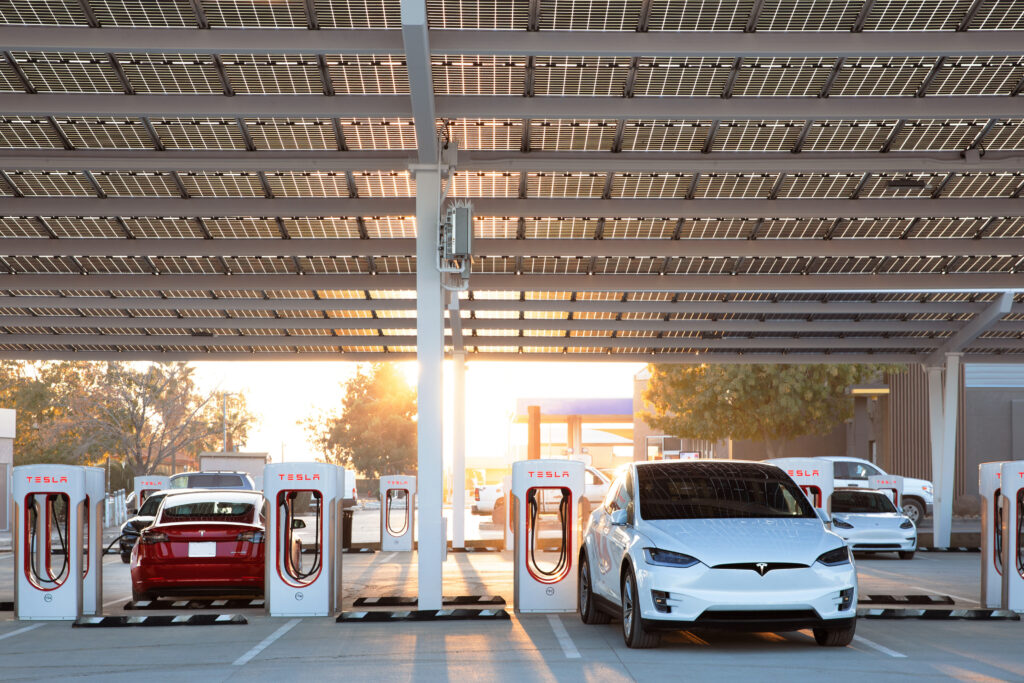
About two hours into our first e-bike ride, my wife pulled to the shoulder for a water break and rendered her verdict on the experience: “These do kind of take the ‘suckiness’ out of biking, don’t they?”
At that moment we were astride a pair of e-bikes loaned to us by Priority Bicycles and BMC Bikes, two of the dozens of manufacturers now selling electric road, mountain and special-use bikes. For our first-ever e-bike outing, we chose to ride the 20 miles to a local favorite restaurant – a journey that on any other day we would have unquestionably taken by car.
Are e-bikes worth it? That’s up to you to decide.
What It’s Like to Ride an E-Bike
Rhode Island is generally flat, but the particular route we were on was one we had ridden on non-powered bikes before, so we knew it included several uncharacteristically challenging hills that could turn an otherwise pleasant ride into a bit of a slog.
The e-bikes made it easy. Big hill ahead? Click up the pedal assist for a boost that makes the climb as easy as riding on level ground. Lagging a bit on the way home? Let the onboard electric motor do a little more of the work to give your legs a break.
The first thing you need to know about e-bikes: You’re not just along for the ride. Pedaling could still be very much part of the experience, although unlike with a regular bike, you have the option to choose whether you want a little or a lot of help along the way.
“You are able to enjoy your ride with less effort and also ride farther,” said David Gloeckler, senior e-bike product manager at BMC. “It enables you to have a more relaxed and often faster commute, and of course, there are a lot of environmental benefits.”
“A big misconception is that e-bikes are cheating, or that you’re lazy if you ride one,” said Connor Swegle, co-founder of Priority Bicycles. “You still have to put in the work, but you can extend the benefits you get from riding a regular bike. If you take a 500-mile ride by e-bike, not to say it’s easy, but you can enjoy the experience more.” And, as Gloeckler pointed out, riding an e-bike is a far better cardiovascular workout than driving a car.
Not all e-bikes are created equal. Our loaners included one cruiser-style road bike and a hybrid, while electric mountain bikes and bikes designed specifically for urban environments, including commuter and cargo bikes, also help comprise the $43-billion global e-bike market.
Alicia Applegate, general manager of cycle at REI, said that e-bikes can also be a viable alternative to a car for running errands or visiting places inaccessible to larger vehicles; in the RV community, e-bikes are increasingly taking the place of towed cars or motorcycles for exploring beyond the campground.
“E-bikes make cycling accessible to a wider range of people that may be deterred by the effort needed for traditional biking,” said Applegate. “This is really beneficial to those with limited mobility and provides an opportunity for individuals to stay active and engaged with the outdoors.”
How Much Is an E-Bike?
E-bikes aren’t cheap. With prices ranging into thousands of dollars, the cost is comparable to that of a high-end conventional bicycle. And with so many different types of bikes on the market, it takes a bit of research to find the e-bike that best suits your personal needs.
E-Bike Range
On our test ride, I was pedaling along with plenty of battery life to spare when my wife raised the alarm that she was in the red. We managed to get home OK, but the brief scare was a reminder that, as with electric cars, range is an important factor to consider when buying an e-bike.
Ranges of 30-75 miles on a charge are typical. But the battery life can be affected by factors like riding conditions (hills, for example), air temperature, speed, and, of course, how often you engage the motor for assistance.
It should also be noted that improper charging and storage increases the risk of battery fire. Learn how to safely charge and store e-bikes, and how to make sure your e-bike’s battery has the appropriate certifications.
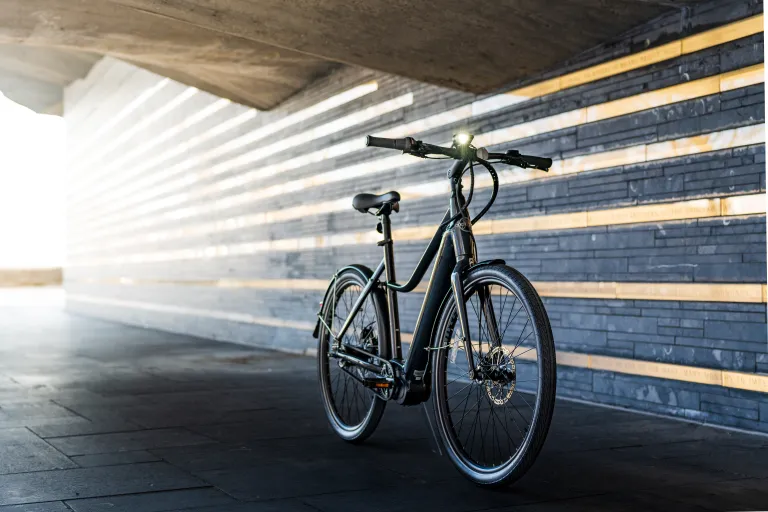
E-Bike Laws and Safety
Legally, e-bikes come in three classes, and it’s important to know which one you’re looking at because states have different rules depending upon which class you’re riding.
e-bikes are equipped with a motor that provides assistance only when the rider is pedaling. The pedal assist stops when speed reaches 20 mph; these bikes have no throttl
e-bikes, dubbed “throttle-assist” e-bikes, come with a motor that can be activated using a throttle, even without pedaling. Again, the motor assistance stops when the bike reaches 20 mph.
e-bikes provide assistance only when the rider is pedaling, but the motor can aid pedaling up to 28 mph.
We found the user learning curve to be relatively short, but e-bikes have been involved in crashes, including fatal ones. Motor assistance means that you can quickly find yourself riding along at speeds higher than you’d easily attain by your own pedal power, so extra safety precautions are in order.
“Riders should always respect that an e-bike has more power and weight than a non-powered bike,” said Gloeckler. “Every rider should take the time to learn how to brake and handle their bike, especially if they are just starting out, and always make sure the bike and safety gear are in good condition and well maintained.”
“Have a good helmet and wear it,” said Swegle, who also recommends equipping your bike with a bell or horn, front and rear lights (LED lights are typically standard on e-bikes) and a mirror. Some states specifically require e-bike riders to wear helmets, even if they don’t do the same for regular bikes.
Like bicylists, e-bike riders also need to follow the rules of the road. Keep in mind that sidewalks are generally prohibited for bikes except for young riders. AAA recommends that e-bike riders should obey traffic signals, ride with traffic and signal turns. It’s especially important for e-bike riders to yield to pedestrians, who are vulnerable in any crash with a heavier vehicle. And just because e-bike riders can go a certain speed doesn’t mean they should. Drivers and riders alike should follow the speed limit and slow their speeds in school zones and dense urban areas.
State laws about where you can ride an e-bike vary, and some states have different regulations for different classes of e-bikes. “Although e-bikes are allowed on many trails across the country, they still are not allowed everywhere,” said Applegate, who advises checking on restrictions before you head out for a road or trail ride.
So, Are E-Bikes Worth It?
Ridden responsibly, an e-bike can greatly expand your perception of what’s possible to do on two wheels – or get you back in the saddle if you previously felt that age or ability had closed the door on cycling.
“Pure joy” is one of the biggest attributes of e-biking, said Applegate. “If you have not ridden an e-bike yet, I would highly recommend trying one,” she said. “It will definitely put a smile on your face.”
AAA’s Recommendation: Whether you own an electric vehicle or a gas-powered car is up to you – and you should consider lots of factors in making that choice. No matter what type of vehicle you’re choosing, we recommend visiting a dealership, test driving one, and asking as many questions as possible to make an informed decision.

